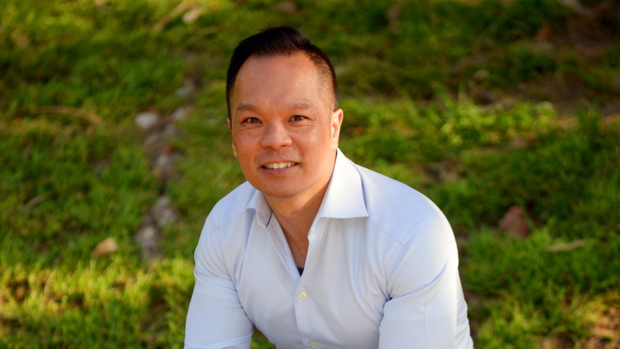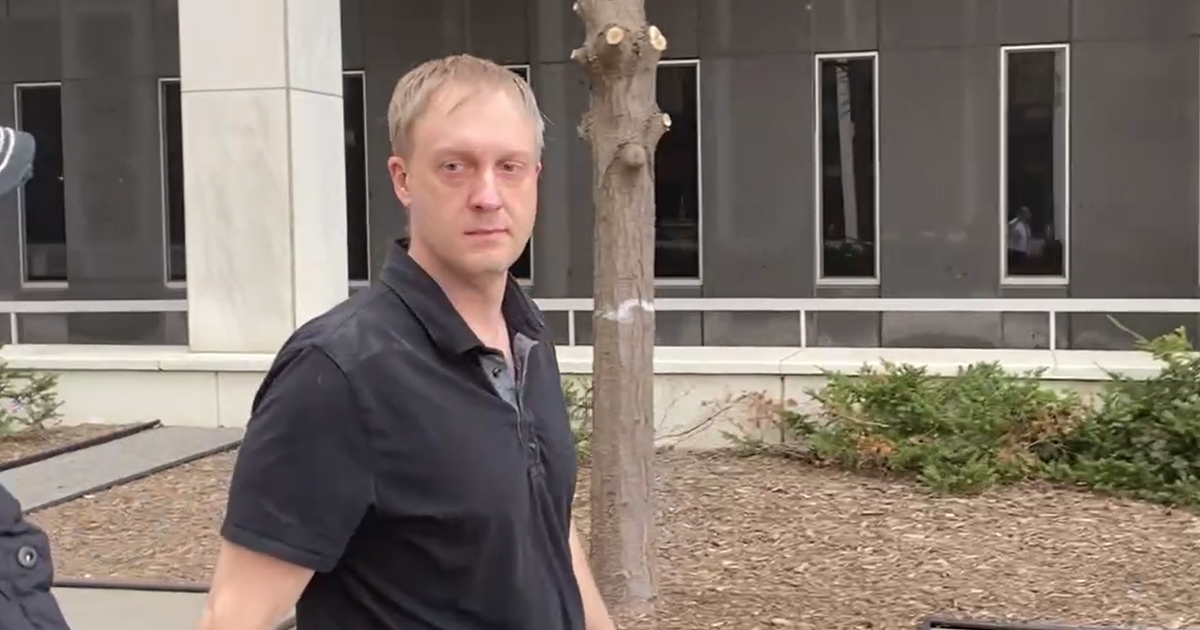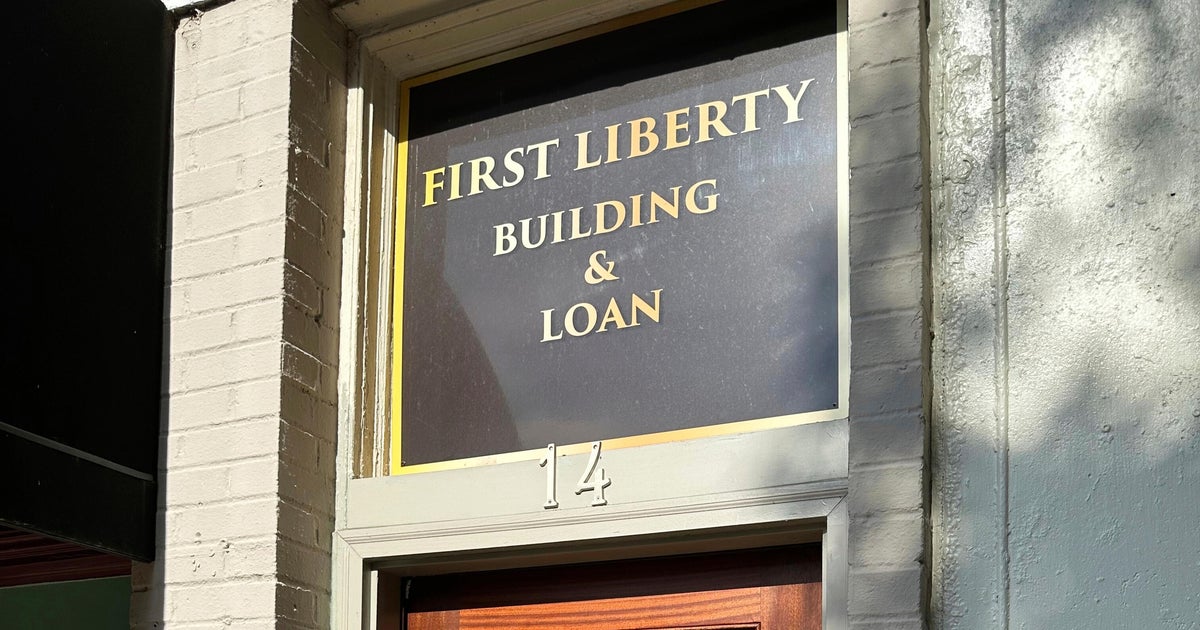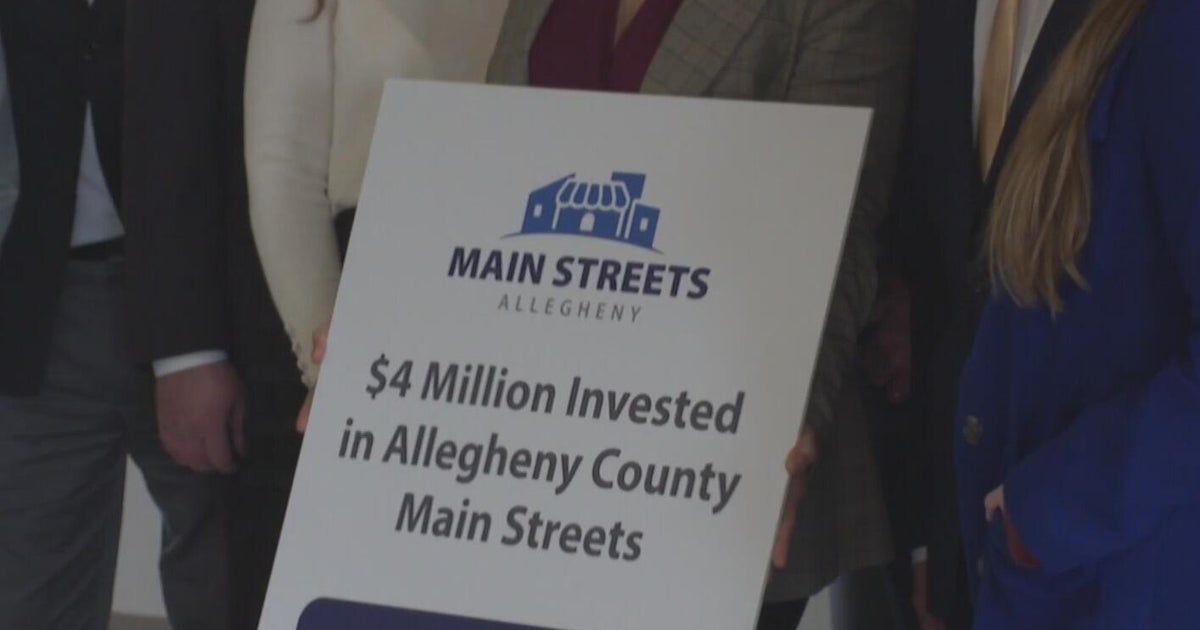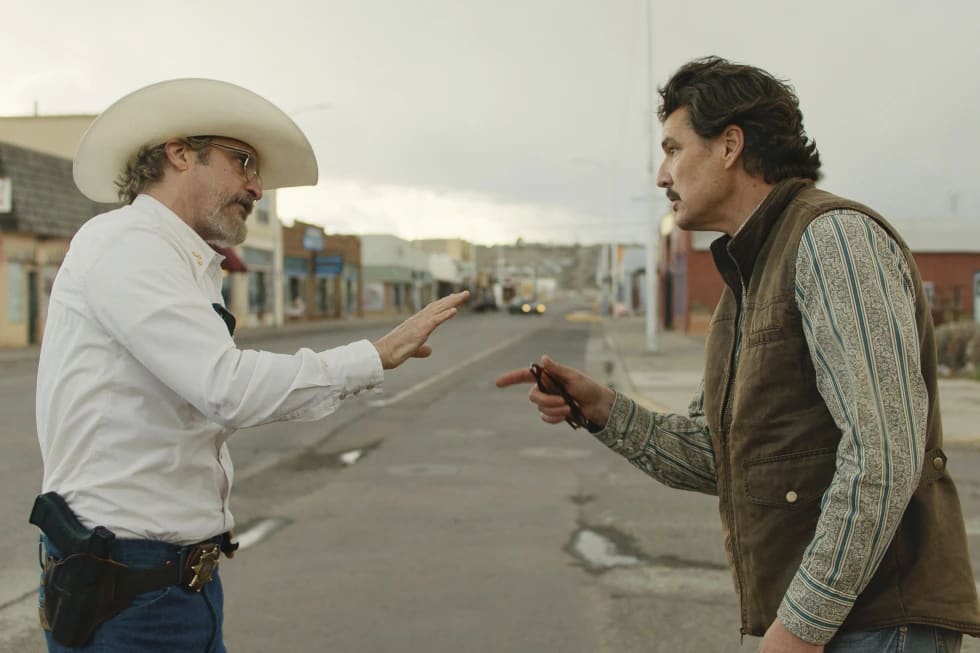For ex-cons, a new chance at Paycheck Protection Program loans
When Quan Huynh, the owner of a five-person janitorial company in Anaheim, California, sought a federal loan this spring designed to keep small businesses like his afloat during the coronavirus pandemic, his application was summarily denied. The reason: He was on parole for a 2002 murder charge. Huynh, who served 16 years in prison, was forced to lay off his workers as the state went into lockdown.
Other small business owners who had served time in prison were similarly excluded from the Paycheck Protection Program, or PPP. But a legal decision last month offers hope for entrepreneurs with a criminal past, with Judge Catherine Blake of the U.S. District Court in Maryland ruling that those exclusions are unlawful.
Huynh, 45, reapplied for Paycheck funding on June 30 and two days later received a $17,000 loan. The money will pay for his workers' salaries and additional training so they can be licensed to sanitize homes and restaurants. He's now planning to pursue larger commercial contracts and expand his business.
"If things go right before the end of the year, I'm thinking I could have more than 10 employees," Huynh said. "I'll be stronger than I was before the pandemic."
Blake ruled that the Small Business Administration's decision to bar ex-convicts from the PPP was "arbitrary and capricious."
"Congress has not clearly spoken as to whether the SBA may impose additional restrictions on eligibility, including the criminal history exclusion," she said in her decision.
The ruling came two weeks after the American Civil Liberties Union sued the SBA over the criminal exclusion. The group said the policy unfairly denied crucial government assistance to people who had already paid their debt to society, noting that it particularly harmed Blacks and Hispanics given that they make up a disproportionate share of those with a criminal record. ReNika Moore, the ACLU's racial justice director, said Blake's decision gives business owners with priors access to much-needed financial relief.
Like Huynh, Sharon Richardson of Long Island, New York, was also initially rejected for a PPP loan. The 60-year-old owner of Just Soul Catering had spent 20 years in prison for a murder conviction. But Blake's ruling encouraged her to reapply, and in late June she received a $20,000 loan.
"When I opened up my email days later, I still wasn't convinced," she said. "Then I opened up my Capital One account and it really was there," she said. The money "will help pay the women who work for me, and myself, for 24 weeks."
Andrew Glazier, who runs nonprofit Defy Ventures that teaches entrepreneurship to ex-convicts, said he hopes stories like Richardson and Huynh inspire others to reapply for PPP funding. Defy Ventures was the plantiff in the SBA lawsuit. The SBA has extended the program's application deadline from to Aug. 8.
Frederick Hutson, a small business owner in Nevada with a criminal record who also received a PPP loan, said more ex-cons need to get the word. "Without a concerted effort to get this information out there, most applicants are not going to try to apply because they already think they're disqualified."
"We've done our time," Richardson said. "We've come home, and now all we want to do is give back."
